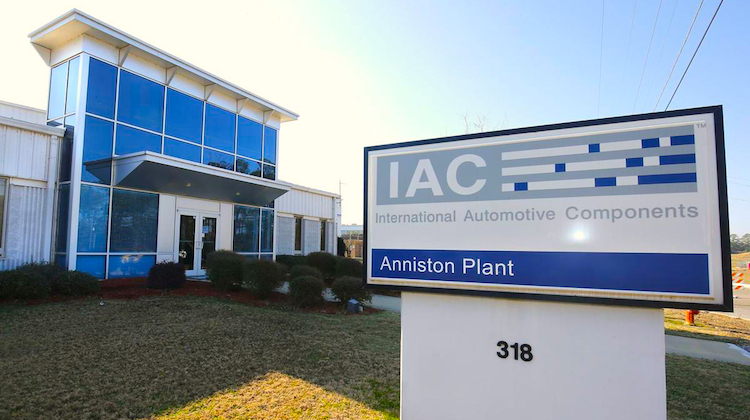One of the best ways to learn about upcoming interior trends is to listen to what OEM designers say about the cars they’re developing — even if they’re years from hitting dealer lots.
Just Auto recently interviewed Mike Cowry, vice president of Advanced Development & Materials Engineering at International Automotive Components (IAC) Group. His company designs and manufactures interior hard and soft trim for automakers around the world.
Among the many topics covered, Cowry discussed automakers’ new focus on upscale cabins and how the growing rideshare market (like Uber) will impact interior materials and the restoration industry. The conversation was both interesting and enlightening.
Below is an excerpt from the interview:
A decade or so ago, certain car interiors appeared quite poor. To what extent are you seeing carmakers investing more on their car interiors in order to positively impact the customer’s perception of vehicle quality?
Upscale interiors are a major trend with all our customers for some years already. In the premium segment which is our main market in Europe, this is even more evident. We have seen a richer material mix like on the Audi Q7 doors. Tailored, cut and sewn instrument panels in both leather and artificial leather on the rise at Volvo and Jaguar Land Rover. Real stitches on challenging geometries are featured now on the instrument panel of the new VW Touareg. Also, headliners are also becoming more sophisticated with a rise in sunroofs as we see at Daimler and the vast use of luxury materials like Italian leather on the Range Rover Sport.
If tomorrow’s mobility is about sharing cars, what does that mean for interiors in terms of design, surface materials, construction, flexibility, and ease of configurability?
IAC is working among others on materials with antiseptic features and develops technologies and processes to produce premium interiors quickly and cost effective as we believe that new mobility patterns will lead to several interiors refurbishing in the life of a vehicle, similarly to hotel rooms.
One example of these technologies is IAC’s Fastkast, our own slush technology development to produce skins that are particularly durable and high quality while cutting on the cycle times and environmental impact of the production process.
For the full interview, read “IAC on upscaling interiors and automated driving.”

I’m looking to get black Rawlings seats for a 2000 Ford F-250 super cab